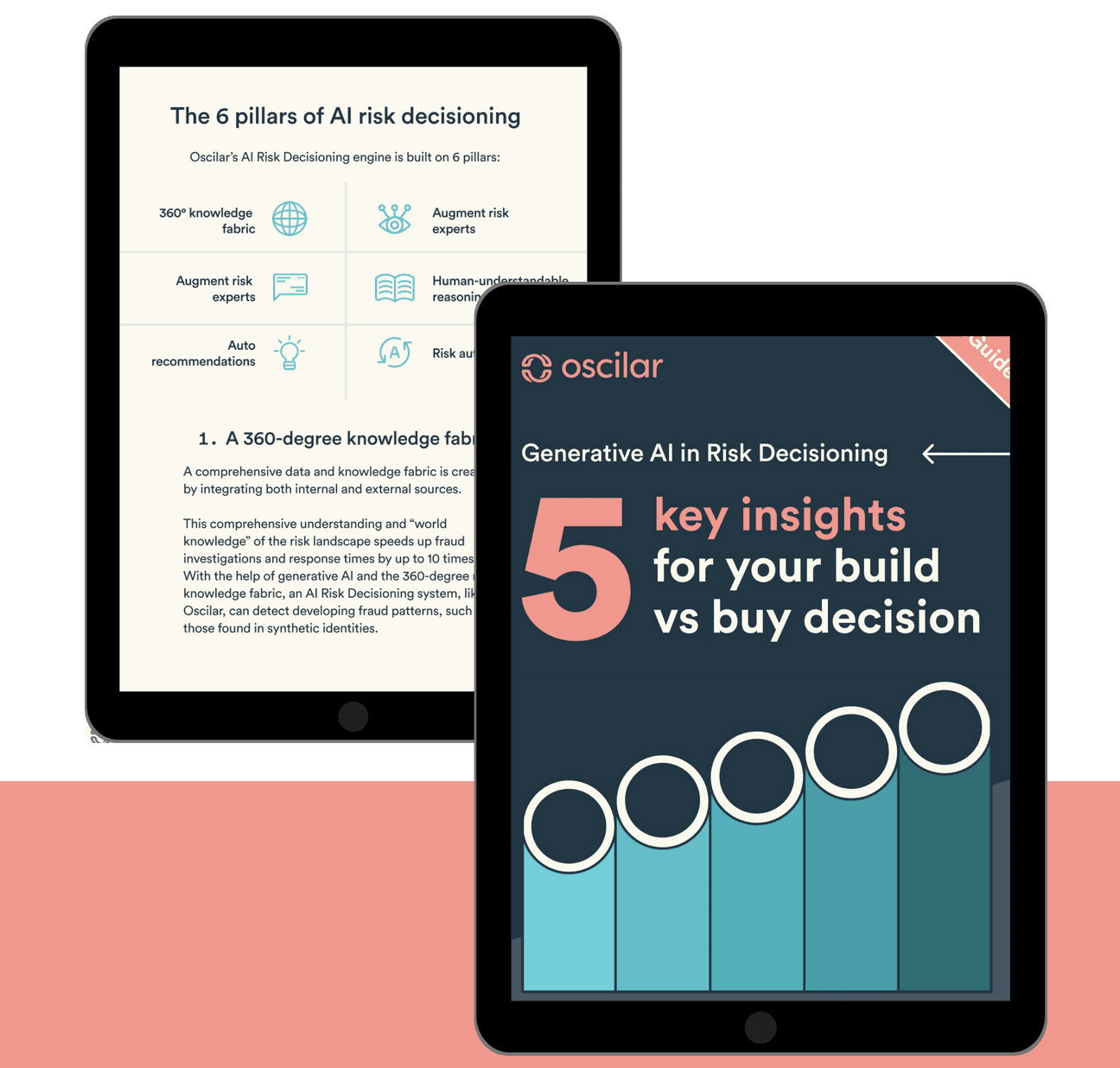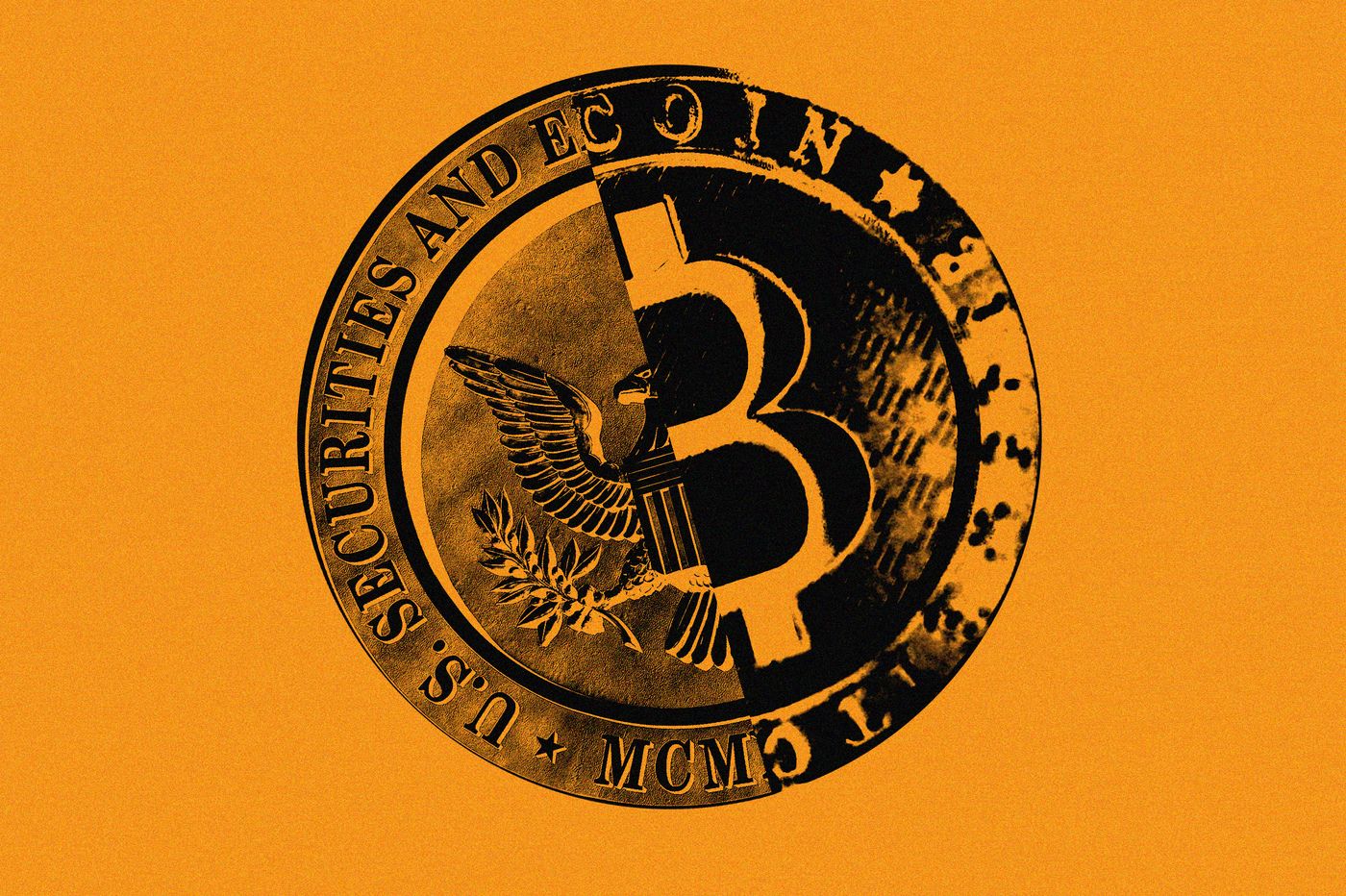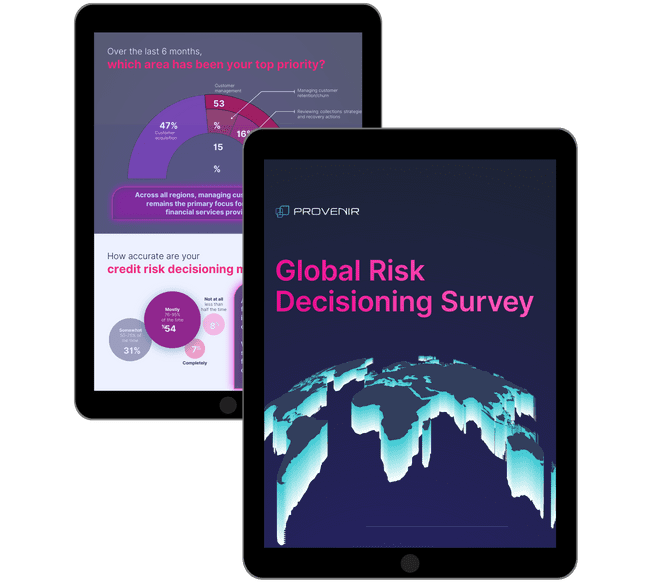Two years ago, before the crypto meltdown of 2022, stablecoin issuer Circle announced that it was going to go public via SPAC at a $9 billion valuation.
But then, you know, 2022 happened (Celsius, 3AC, Luna, BlockFi, FTX, etc). So plans were quietly shelved in December of that horrible year for crypto.
APIs can provide banks a customer-centric transformation for enhanced user experience
There are the five critical considerations to weigh before building a risk decisioning platform. This white paper offers a roadmap for evaluating third-party solutions.
It has finally happened. More than a decade after receiving the first spot bitcoin ETF application the SEC gave its approval yesterday.
While this was widely expected, it wasn't a slam dunk as demonstrated by the tight vote: 3-2 in favor with SEC Chair Gary Gensler providing the deciding vote.
Fraud is a significant challenge for lenders, impacting both operational efficiency and financial stability. Legacy methods for detecting fraud are proving to be inadequate in the face of new techniques, so AI-powered detection is needed.
In a blog post yesterday describing their 2024 plans, we learned that X will be launching peer-to-peer payments later this year.
We know that the company has been slowly obtaining money transmitter licenses as it builds out its payments capabilities. But this is the first time we have heard about concrete plans to launch a payments service.
Over 300 decision makers provide their thoughts in the Global Risk Decisioning Survey from Provenir. The white paper with the results is now available for download.
Small business lending is more complicated than consumer lending.
Both have term loans and lines of credit but in small business you also have SBA loans, revenue-based financing, merchant cash advances, venture debt, equipment finance, invoice factoring, asset-based financing and more. This leaves a lot of room for unscrupulous lenders to charge hidden fees on some of these products.
After they famously imploded in March 2023, you could be forgiven for thinking that Silicon Valley Bank's fintech business was done. Not so.
This time last year SVB was still the go-to bank for fintech companies, with the vast majority of venture-backed firms as clients. That changed in March.
As fintechs gained traction in Argentina, financial access to accounts has become nearly universal, according to a central bank report.










